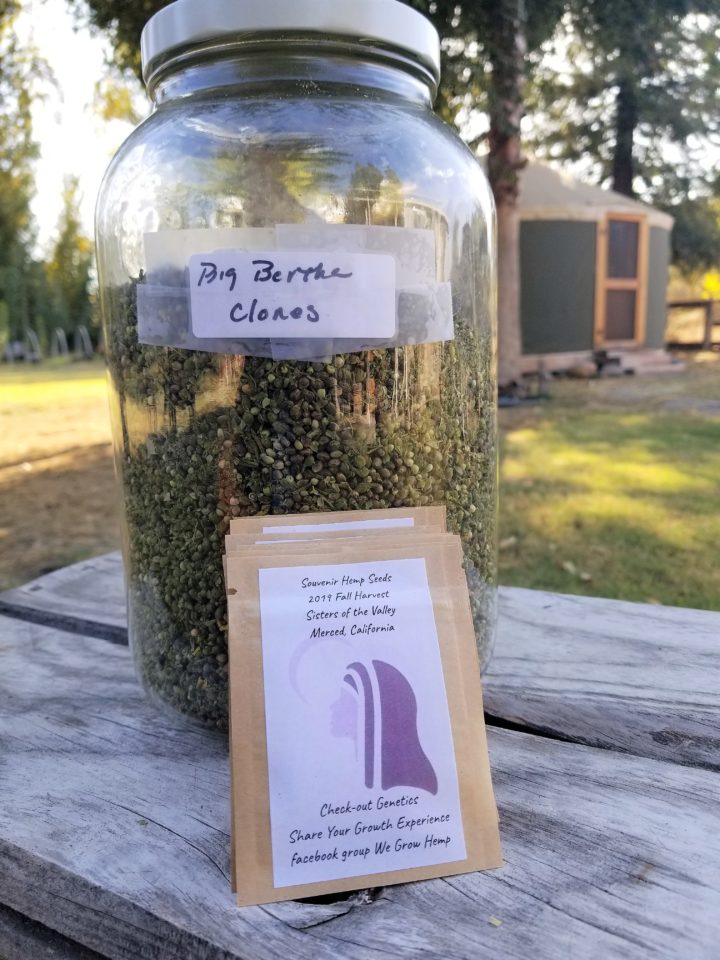Amazon said this week that it supports a Republican congresswoman’s proposal to end the prohibition of marijuana on the federal level, the company’s latest embrace of legalization.
In a tweet posted on Tuesday, Amazon said it was “pleased to endorse” a bill introduced by Rep. Nancy Mace (R-SC).
“Like so many in this country, we believe it’s time to reform the nation’s cannabis policy and Amazon is committed to helping lead the effort,” the company said.
Mace introduced the legislation, called the “States Reform Act,” in November, saying at the time that “Washington needs to provide a framework which allows states to make their own decisions on cannabis moving forward.”
The bill would remove cannabis from Schedule I under the Controlled Substances Act, a law that has kept weed illegal on the federal level and has made some states hesitant to pursue their own cannabis laws.
“Today, only three states lack some form of legal cannabis,” Mace said in her November announcement. “My home state of South Carolina permits CBD, Florida allows medical marijuana, California and others have full recreational use, for example. Every state is different. Cannabis reform at the federal level must take all of this into account. And it’s past time federal law codifies this reality.”
Mace said that her bill would enshrine protections for veterans who have used cannabis to treat their PTSD, and would be respectful of each state’s own unique laws.
“This is why I’m introducing the States Reform Act, a bill which seeks to remove cannabis from Schedule I in a manner consistent with the rights of states to determine what level of cannabis reform each state already has, or not,” she continued in her announcement. “This bill supports veterans, law enforcement, farmers, businesses, those with serious illnesses, and it is good for criminal justice reform. Furthermore, a super-majority of Americans support an end to cannabis prohibition, which is why only three states in the country have no cannabis reform at all. The States Reform Act takes special care to keep Americans and their children safe while ending federal interference with state cannabis laws. Washington needs to provide a framework which allows states to make their own decisions on cannabis moving forward. This bill does that.”
On Tuesday, Mace touted the bill’s endorsement from Amazon, saying the company “is making a common-sense decision that many other businesses, large and small, agree with.”
“Amazon employs nearly a million U.S. workers, and this opens up their hiring pool by about 10 percent. Cannabis reform is supported by over three quarters of the American public, and the States Reform Act is something both sides of the aisle can get behind,” Mace said.
For Amazon, America’s second largest employer, the endorsement is yet another sign of the company’s weed-friendly stance.
Last June, Amazon said that it would “no longer include marijuana in our comprehensive drug screening program for any positions not regulated by the Department of Transportation, and will instead treat it the same as alcohol use.” In September, the company went further, saying it was reinstating “employment eligibility for former employees and applicants who were previously terminated or deferred during random or pre-employment marijuana screenings.”
The are also emerging signs that the company is set to ramp up its pro-marijuana lobbying efforts, with Politico reporting in July that cannabis groups “are pinning their hopes on Amazon using its experienced lobbying team and deep pockets to support their efforts, believing it could help them launch ad campaigns and persuade lawmakers opposed to legalization—especially those who represent states where cannabis is legal—to change their minds.”
The post Amazon Endorses Federal Cannabis Legalization appeared first on High Times.
source https://hightimes.com/news/amazon-endorses-federal-cannabis-legalization/


